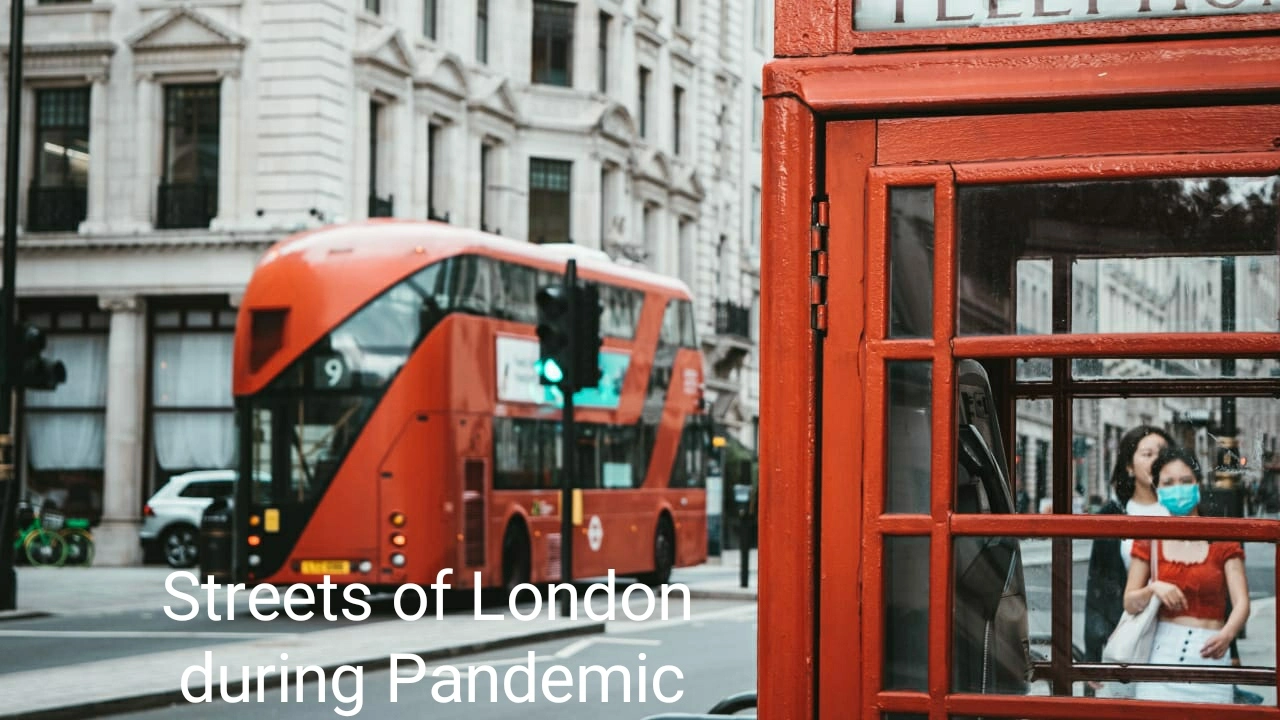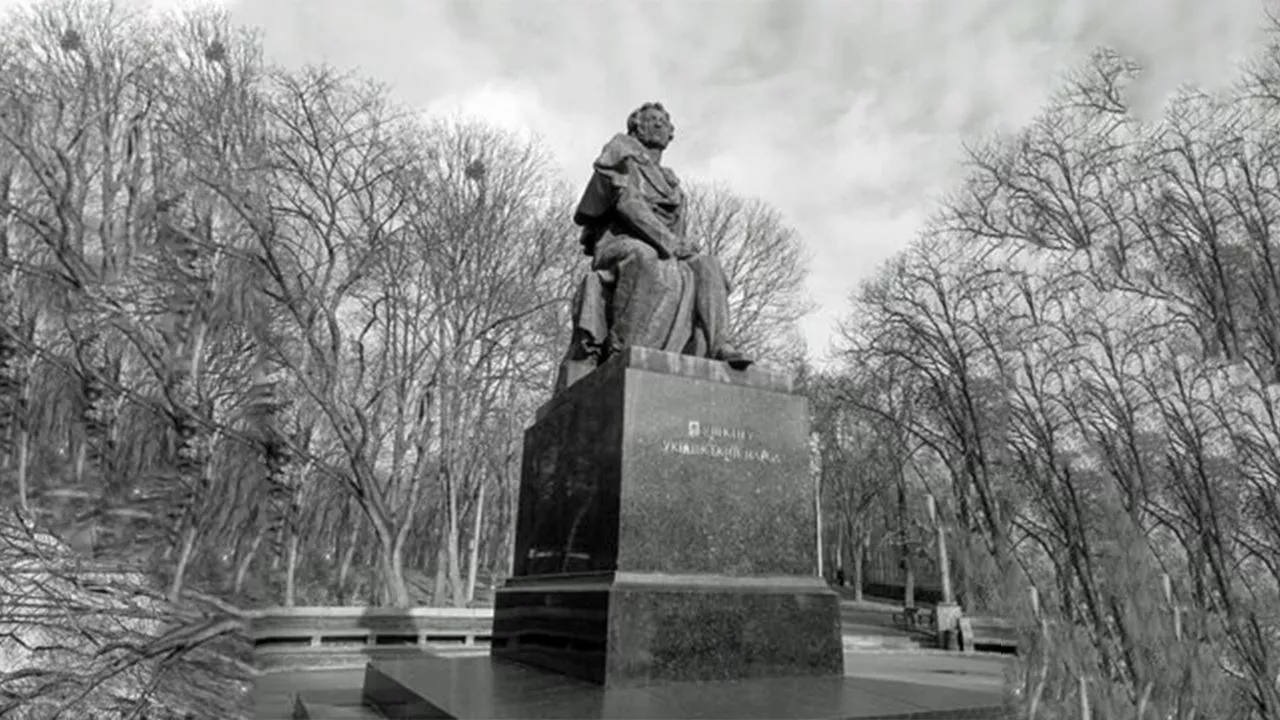When Boris Johnson celebrated his election victory with a call to “unite this country…spread opportunity to every corner of the UK with superb education, superb infrastructure and technology.”, it is unlikely that he envisaged that less than a year later he would be facing the Autumn he is. The Johnson government faces a perfect storm; a developing health crisis, a worsening economic situation and the continuation of the International tensions and internal divisions posed by Brexit. Johnson stood almost solely on the slogan of ‘Get Brexit Done’ and believed his 80-seat majority would enable him to pass transformative legislation and manage his takeover of the Tory Party.
Nine months later and Britain stands as one of the worst hit nations by the Coronavirus pandemic. Nearly 42,000 people have reportedly died from the illness and with the ‘R’ rate of the virus believed to be as high as 1.7 in parts of the UK, we are seeing the exponential spread of the virus again in our communities. In the first spike in March, the National Health Service was pushed to breaking point with nurses reporting major shortages of personal protective equipment, ventilators and hospital beds. This was the bitter fruit of years of cuts and privatisation of the NHS which left it under prepared. Johnson himself had a spell in Intensive Care, despite allegedly being a proponent of the ‘herd immunity’ strategy. They have been dogged with criticisms of being out of touch and reactive, despite claiming to have world beating systems in place.
In recent weeks it has been the Covid-19 testing infrastructure that has buckled under the strain, with thousands self-isolating but unable to get a test because of shortages and logistical failures. Many local councils have reverted to their own community testing having given up on relying on the national structures. Hospital admissions have risen by 70% in London in the last month and it looks to be a long winter ahead.
This all comes after the Tories tried to use a lull in the virus in the summer months to to revitalise the economy. Their ‘Eat Out to Help Out’ scheme, which subsidised 64 million half price meals during August, may have increased the velocity of circulation and enable the Tories to transfer huge sums into the coffers of private corporations but it has not been able to counter a severe economic downturn.
The quarter to the end of June saw the biggest fall in British Gross Domestic Product (GDP) ever recorded, an eye-watering 20.4%. In recent months we have seen a slew of job losses, particularly concentrated in the travel, retail and hospitality industries and, with the government’s furlough scheme (where employees have been able to receive 80% of their wages when not working) due to end next month, the Office for Budgetary Responsibility is estimating a further 10% of furloughed workers will be made redundant to add to the 750,000 workers who have been remove from payrolls since March. Mass unemployment is posed again for the first time this century.
However, while the Covid crisis has accelerated and exacerbated the economic downturn, it is by no means the cause. What Covid has done is further expose the frailty and imbalance within the British economy; an economy scarred by decades of neo-liberal policies. Margaret Thatcher in a famous speech in 1984 declared “I came to office with one deliberate intent: to change Britain from a dependent to a self-reliant society – from a give-it-to-me to a do-it-yourself nation.” The result was rampant privatisation, deindustrialisation and a shift to an economy reliant on services and finance, which has left it particularly vulnerable.
In reality, the British economy has not recovered from the 2007-08 crash, reflected in February 2020 seeing the lowest productivity growth since before the Industrial Revolution and the picture is not rosy going forward.
The neo-liberal playbook is not enough to prevent this and the Tories have been forced into using a wider range of strategies but this will not enable them to overcome the contradictions inherent within capitalism.
The commercial property market, worth around £900bn, has become increasingly central to the British economy, particularly in London. However, the shift to home working is placing even greater strange on this market and could trigger a much deeper crisis as offices are downscaled or closed. International Law firm Slater & Gordon have already closed their London offices permanently and food chain Pret a Manger are due to close 10% of their London stores as the City of London remains quiet.
Of course, the Tories will attempt to make the working class pay for this. Their slated rise in the minimum wage is due to be dropped and public sector wages could well be cut in real terms again but this will all be dependent on the willingness of the working class to struggle and the role of leadership.
There is a bubbling anger across society but, if the Tories are beset by crisis, that is only mirrored in the crisis of leadership at the tops of the labour movement. Keir Starmer, the new leader of the Labour Party, has been unable to decisively capitalise on the situation because he offers very little in the way of an alternative and is desperate to distance himself from the left wing of the party and Jeremy Corbyn’s record. Trade Union leaders are also struggling with the new situation, many seeing their role as managing decline rather than leading a fightback.
However, signs are that this will not prevent struggle. A rank and file campaign of nurses and other NHS workers has taken up the demand of a 15% pay rise and workers in education, waste collection and cleaning have all taken action on safety and pay. This opens up the potential for a tumultuous period ahead.
The British capitalist class, once able to boast of its status as the most powerful nation on earth, faces one of the most dangerous periods in its history. Our role is to intervene in the movements that will develop with a fighting strategy and a socialist programme.






